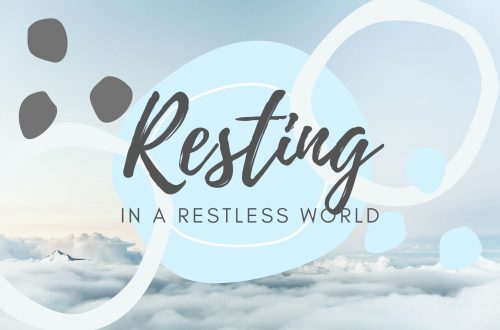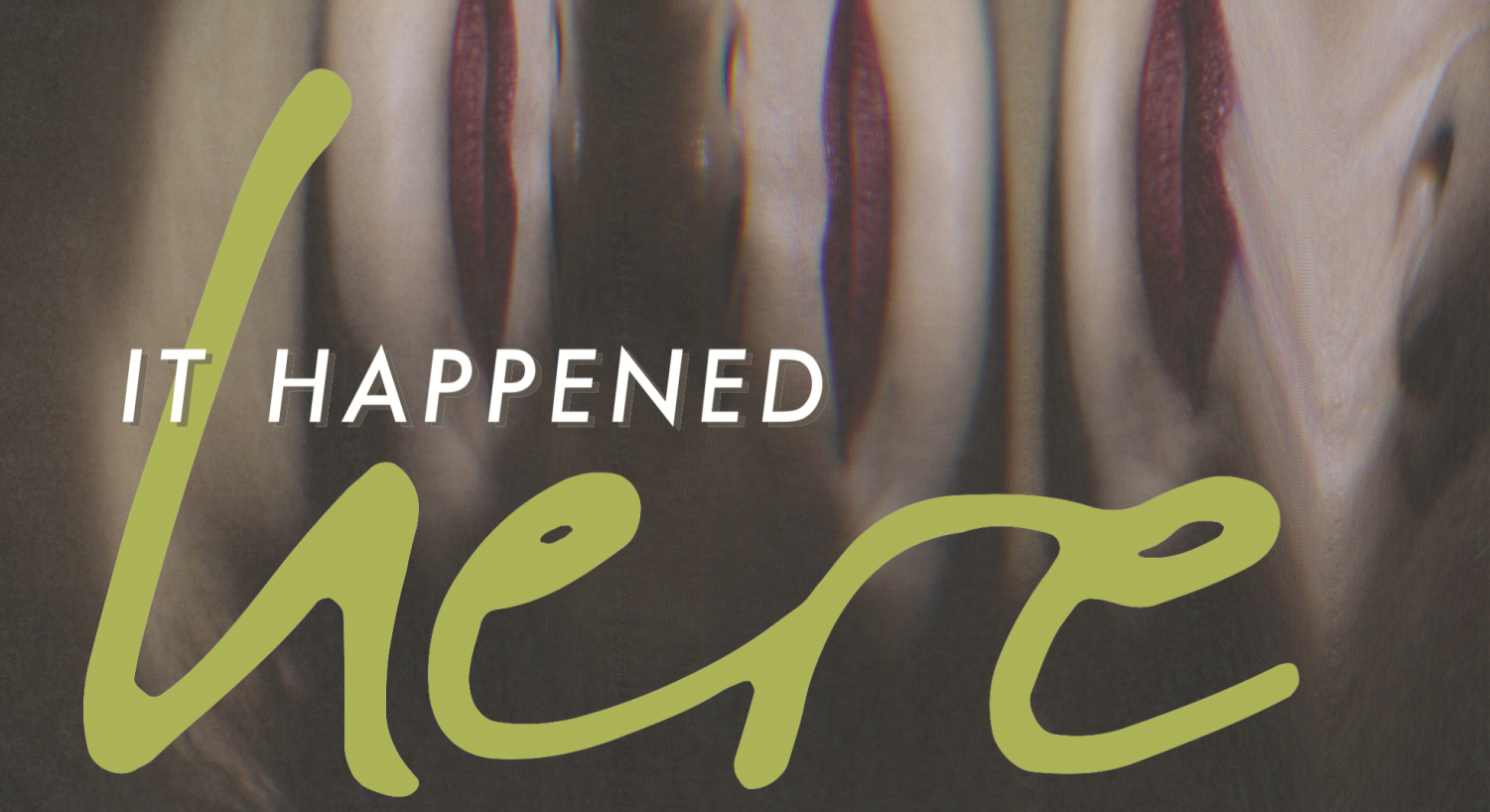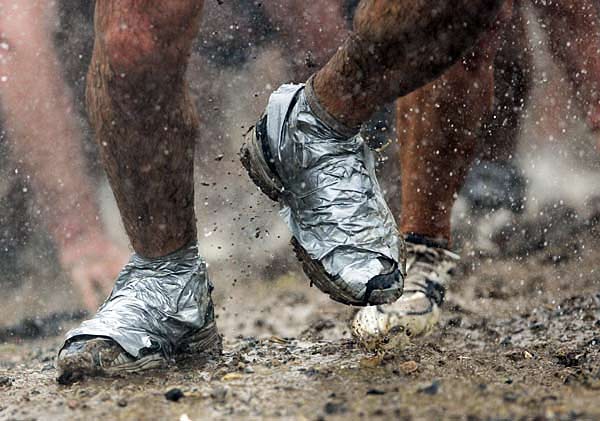Written by Eliza Lee
Author’s note: I acknowledge the topic of sexual assault is often repeated, cliche or in general incorrect. However, I am not here to talk about my own story of sexual assault. I am aware of the depravity left after encounters of assault and even more aware of how listening to another “survivor” can do nothing for healing. But for those of you reading this who have also been impacted, I pray you know how deeply validated and whole you are and that this is a journey that will never end for you, but you will grow to appreciate yourself because of it.
The first time I remember being catcalled was in 7th grade when some friends and I were leaving a restaurant after a dance competition. We heard a whistle from behind us, and as I turned to spot the two teenage boys my friend grabbed my arm. “Do not look at them, they’ll think you like them,” she said. I remember feeling extremely confused. Why could I not turn around and smile? If they whistled, they must have thought we were all really pretty, right?
This was the first time I encountered the paradox of trying to live as a strong woman in the #MeToo era — when my desires and wants do not necessarily align with the world around you shouting, “Be free, do not wear the bra, be the CEO.”
I would 100 percent classify myself as a feminist, but I do not necessarily fit the classic feminist role like that of Rosie the Riveter. I want to get married; I want kids; I want the ability to cook amazing meals for my family one day and do laundry — just as much as I want to marry a man who wants those same things for himself. I want our daughter to pursue her dreams of being a CEO and our son to become a stay-at-home dad if he wants. My desires may not be what an ideal feminist’s would, so these qualifiers always seemed to leave me feeling like I was not a ‘good enough’ feminist or that my spot on the spectrum was too in-the-middle.
Catcalling is defined as whistling, shouting, or making other comments of a sexual nature to a woman passing by. The majority of high school and college-aged women have experienced some form of catcalling at least once in their life. I do not want to drag it out about how sad this fact is — most of us understand the harmfulness. But for me, a girl who thought she was a feminist but apparently not feminist enough, I found myself in a weird mental tug-of-war battle every time this happened.
This included several instances since 7th grade. As the years rolled around, I learned to avoid persecution from my female friends or family by not turning around. Instead, I kept my eyes to the ground and thought to myself, “Wow, I must look really pretty today.” And then after would wonder why my friends were so mean to people they did not even know.
This began to change last year, my freshman year of college. I was spending the day in Los Angeles with a friend from high school, and we were taking the Metro all over the city. Around 9 p.m., we decided to head back, as it was getting cold and neither of us had jackets. A man and his four friends sat a few rows behind us on the subway and the rest of the car was surprisingly empty. We made it to one stop I thought was ours and, after realizing it was not, I sat back down. One of the men said, “Oh honey stand back up. I liked the view.”
And for the first time in my life, I did not take that statement as a compliment toward my beauty, but rather as my first encounter of pure verbal objectification. My friend and I missed our stop in part because I did not want to stand up in front of them again. But the weight of so many things held me down to my seat as well. I began to wonder if I was to blame for my past experiences with sexual assault because I did not react to the comments with the disgust that I was ‘supposed to’? Or, if my aunt, one of the strongest and most independent feminists in my life, were here, what would she say to me?
I must have been missing something this whole time. Maybe my friends were not mean, but they had reached their breaking point of kindness in the face of discomfort long before I did.
This sent me into a deep spiral. How could I be a strong woman when I had supported catcalling in my heart all of these years? I began to think back to different experiences in my later developmental life and wondered if, perhaps, I had directly contributed to why catcalling was still commonly practiced. Was I really a bad woman all these years? What else am I not doing right?
Of course, I knew then and now I was not a bad woman, a misogynist or anything under the sun that did not support equality because of one internal conflict I had. There was nothing that gave me the sole power to abolish catcalling. Just because my internal monologue has changed, that has not made the outside world change too.
Society takes on many faces, and in this situation, it can get confusing. Humans are naturally conditioned to respond in an ‘acceptable’ manner by society’s standards, but to me, those standards were blurred. As a feminist, one can resist or mourn catcalling and still accept genuine compliments from men. Men can still grant compliments that are truly uplifting. You are not a bad feminist or woman for liking the compliments, nor are you a bad man for giving them sometimes.
As we have journeyed through Sexual Assault Awareness month, I want to encourage you all to try a little harder to set yourself apart, no matter your gender or experiences. Break away from those standards of feeling you have to accept a compliment even if it crosses lines or that you are not allowed to receive any at all because that would make you weak. Let yourself fall into the step of true love and appreciation for the beautiful world around you more than wanting to take it for yourselves or giving it away out of obligation.




